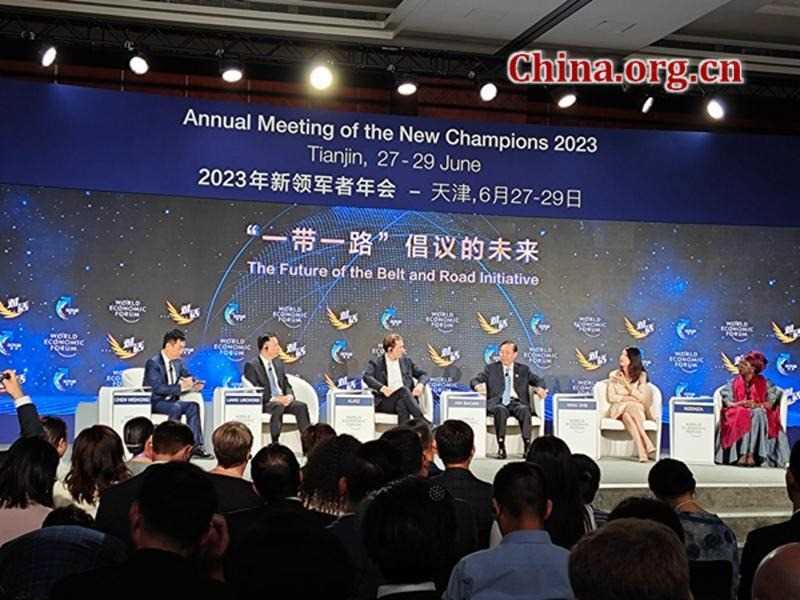
The Belt and Road Initiative has been a hot topic among delegates attending the 14th Annual Meeting of the New Champions, also known as "Summer Davos," which commenced in Tianjin, China on Tuesday.
Former federal chancellor of Austria, Sebastian Kurz, expressed his support for the BRI. "It brought a lot of growth opportunities for China, also for Europe, the Middle East, Africa and the rest of Asia," Kurz said, adding that it is "by far one of the most important initiatives in our world today." He also expressed hope that the initiative would help reduce tensions between East and West and drive economic growth.
Minister of Industry and Commerce, Sekai Irene Nzenza acknowledged the transformational effect of Chinese investments in Zimbabwe over the past years. Nzenza emphasized the potential of the Belt and Road Initiative to promote trade and investment, stating, "BRI will help facilitate trade and investment, not just in Zimbabwe, but within Southern Africa and within Africa at large."
Related Stories
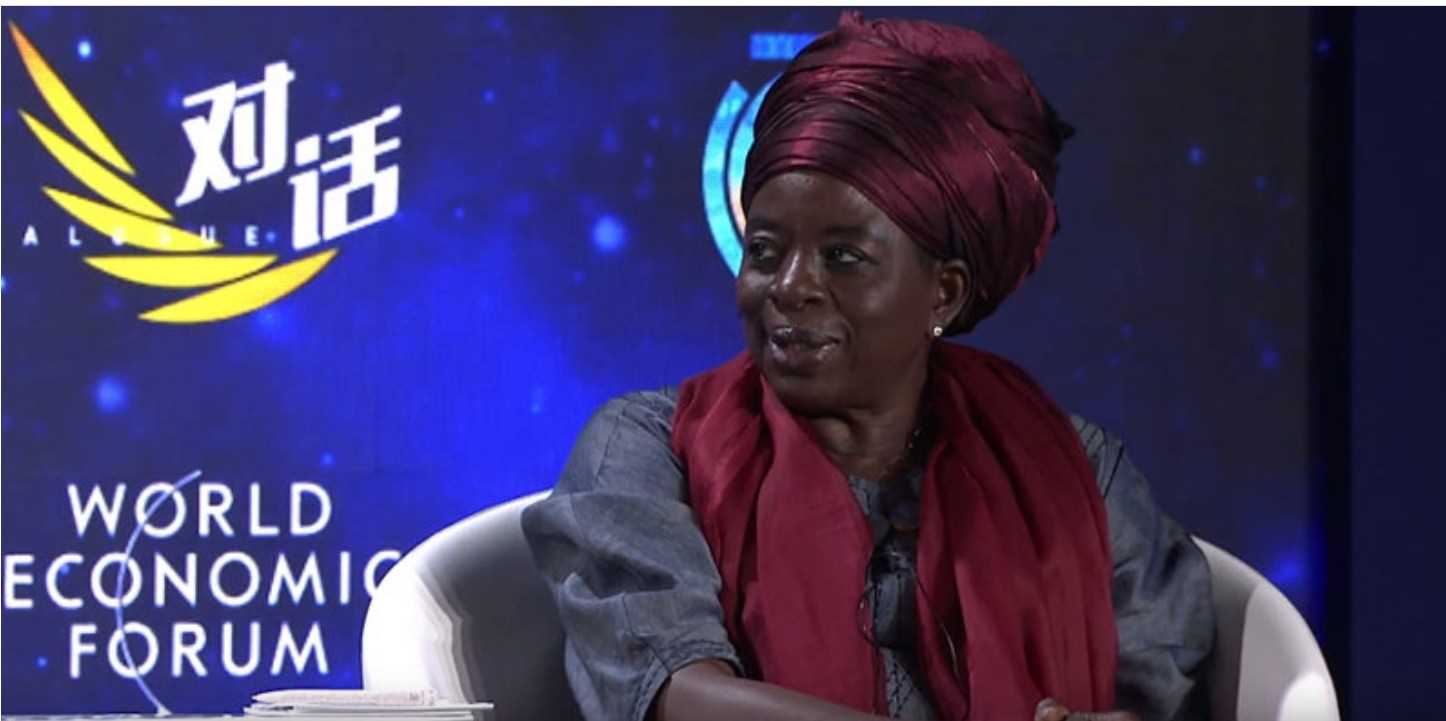
Deputy director-general of the National Development and Reform Commission, Liang Linchong, praised the remarkable achievements of the BRI, saying, "Great achievements have been made so far, and it has become a very popular platform offering international public goods."
He cited the China-Pakistan Economic Corridor, which created an estimated 236,000 jobs, and the China-Laos Railway, which has seen steady growth in passenger and goods transport and promoted regional connectivity, as examples of the initiative's success.
A professor and researcher at the Belt and Road School of Beijing Normal University, Wan Zhe, expressed her confidence in the BRI's long-term success, noting its deep historical roots and alignment with current trends. She emphasized the initiative's potential to comprehensively support global economic recovery and connectivity, adding that developing countries and underdeveloped regions along the Belt and Road will not only benefit from but also contribute to global growth.
This year marks the 10th anniversary of the BRI. The initiative has been instrumental in driving significant levels of trade and investment among participating nations. According to the Ministry of Commerce, from 2013 to 2022, China's trade volume with Belt and Road countries expanded from $1.04 trillion to $2.07 trillion, almost doubling and achieving an average annual growth rate of 8%.- China.org











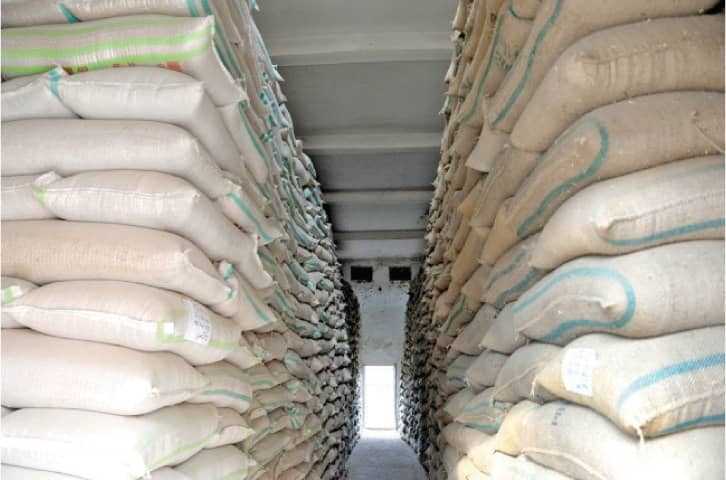
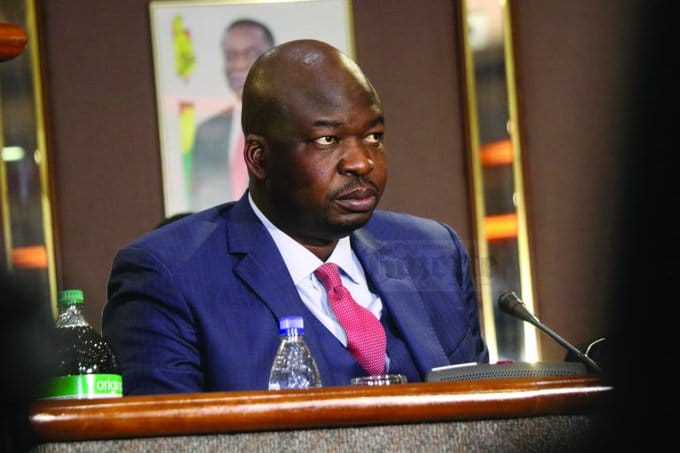


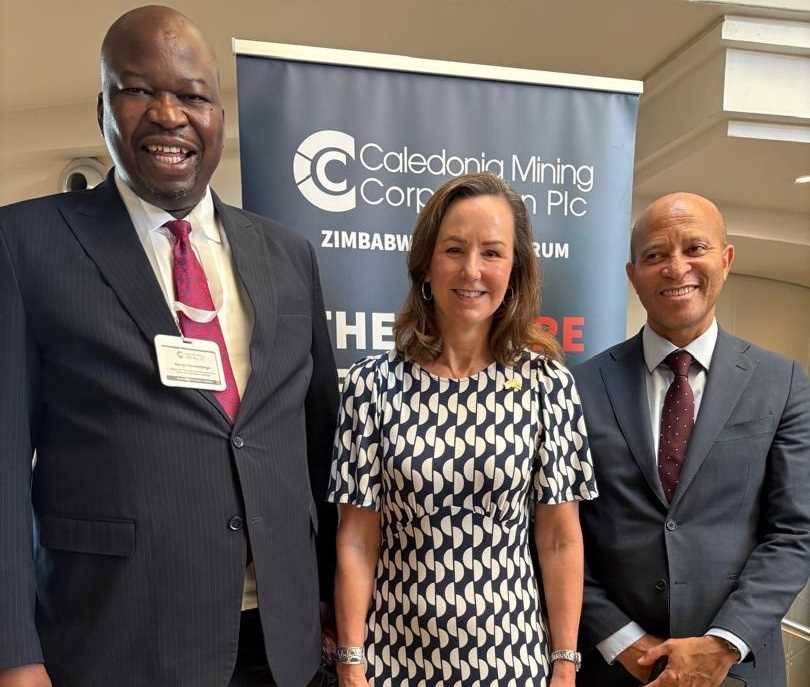


Leave Comments